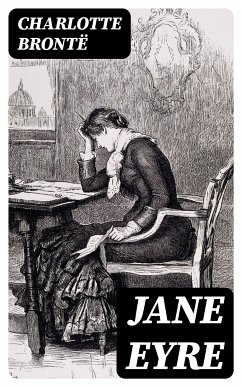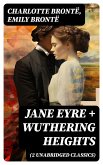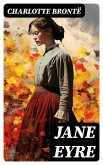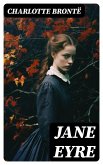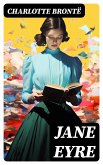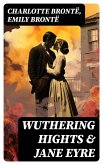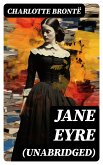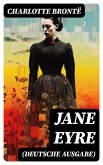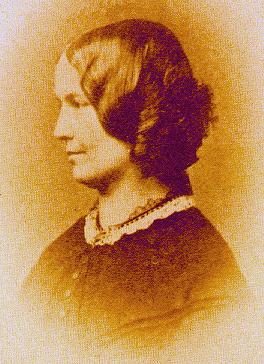In 'Jane Eyre,' Charlotte Brontë masterfully intertwines themes of love, morality, and self-identity within a richly constructed narrative that subverts traditional Victorian norms. The novel is structured as a bildungsroman, chronicling the life of its eponymous protagonist from her tumultuous childhood to her quest for autonomy and belonging. Brontë's lyrical prose captures the emotional depth of Jane's experiences, skillfully exploring the complexities of gender and class through a gothic lens, particularly evident in the foreboding presence of Thornfield Hall and the enigmatic Mr. Rochester. Charlotte Brontë, one of the quintessential figures of the Victorian literary canon, was shaped by her own struggles with identity and societal constraints. Living in a period when women were often relegated to subservient roles, Brontë's personal experiences as a governess and her literary ambition led her to create a character who defies the limitations imposed on her. Brontë's background in a religious household and her engagement with contemporary literary currents significantly influenced her exploration of moral and ethical dilemmas in 'Jane Eyre.' Readers interested in a profound exploration of inner strength and resilience will find 'Jane Eyre' to be an indelible work that not only challenges the conventions of its time but also offers timeless insights into the human condition. As a cornerstone of feminist literature, this novel is essential for those seeking to understand the evolution of narrative voice and the quest for self-discovery.
Dieser Download kann aus rechtlichen Gründen nur mit Rechnungsadresse in A, B, BG, CY, CZ, D, DK, EW, E, FIN, F, GR, H, IRL, I, LT, L, LR, M, NL, PL, P, R, S, SLO, SK ausgeliefert werden.
Hinweis: Dieser Artikel kann nur an eine deutsche Lieferadresse ausgeliefert werden.

